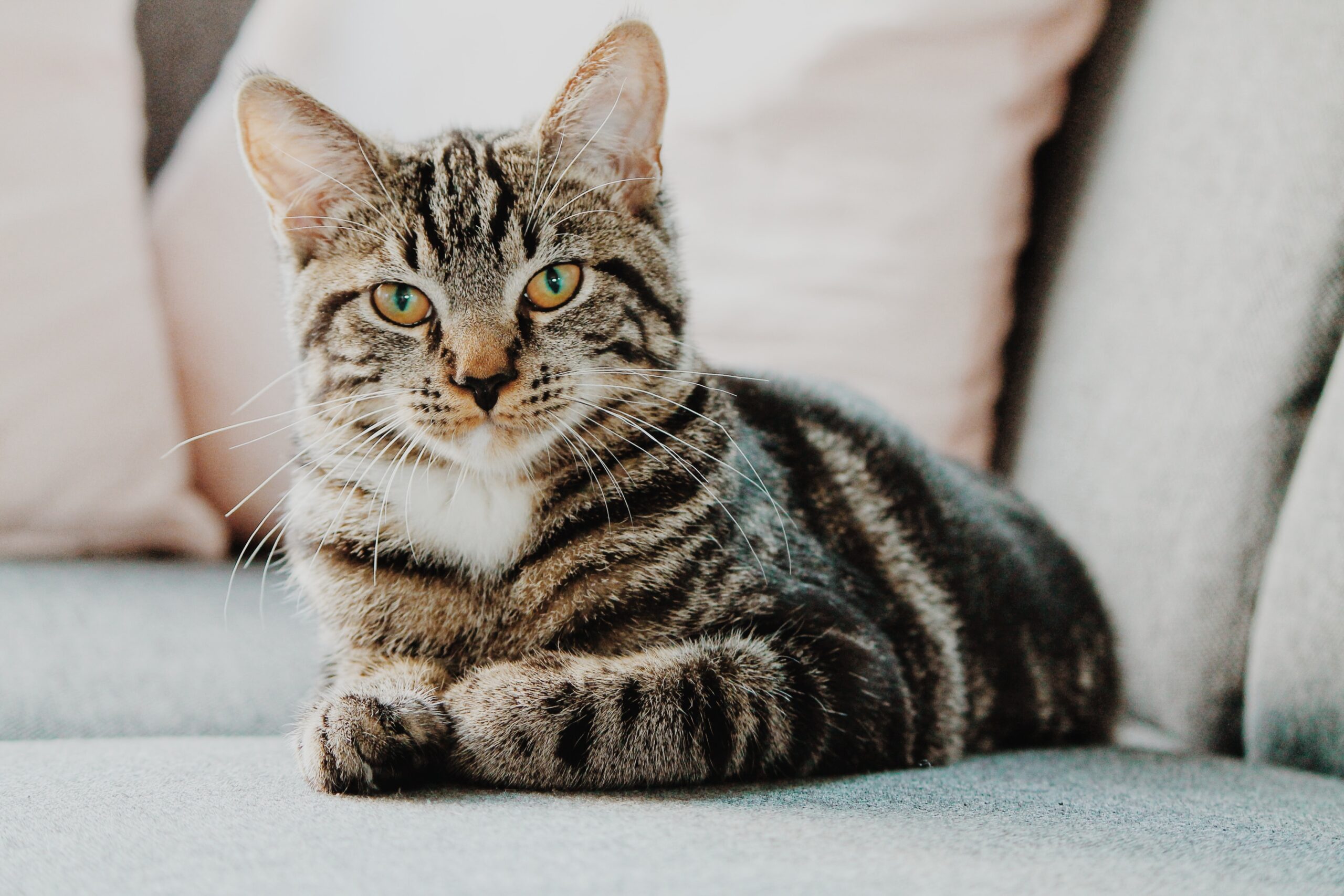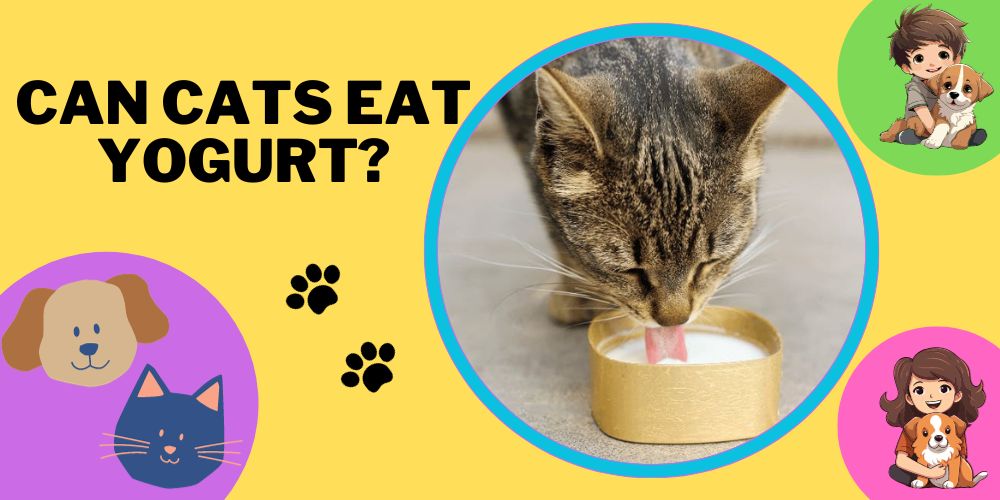“Cats notoriously despise vet visits. But why do cats hate the vet? You’re not alone in this situation. Understanding their aversion can be vital to reducing stress.
This article delves into the unknown, from the assault of unfamiliar smells and sounds to their instinctive feelings of vulnerability. As a cat owner, knowing ‘Why do cats hate the vet?’ can make both your lives a little easier.”
By gaining insight into why cats hate the vet, you’ll be better equipped to help your pet feel more comfortable during these necessary appointments. So, let’s dive in and unravel the mysteries of our feline friends’ disdain for the veterinary clinic.
Understanding the Fear of Vet Visits
Visiting the veterinarian can be an anxiety-inducing experience for many cats. These furry friends may exhibit signs of fear and stress such as hiding, vocalizing, or even aggressive behavior. But why do cats hate going to the vet? Let’s delve into the reasons behind their fear and explore ways to make their vet visits a more positive experience.
1. Cats and their innate fear
Cats have evolved with a natural instinct to be cautious and wary of unfamiliar situations and environments. This innate fear stems from their survival instincts, as it helps them stay away from potential dangers in their surroundings.
When taken to the vet, these instincts can be triggered, leading to their fearful behavior. Additionally, cats are highly sensitive creatures who thrive in familiar and controlled environments.
Unfamiliar surroundings can overwhelm them, causing them to feel insecure and anxious. This heightened sensitivity amplifies their fear during vet visits, making it a challenging experience for both cats and their owners.
2. Unfamiliar surroundings and strangers
The mere thought of being in a new place can be scary for cats. The unfamiliar smells, sights, and sounds can overwhelm their senses, leading to heightened fear and anxiety. This fear is exacerbated when they encounter unfamiliar people, such as the veterinary staff.
Cats are creatures of habit, and encountering strangers can disrupt their sense of security and routine. The presence of unknown individuals can trigger their fear response and make them feel vulnerable.
Additionally, if they have had negative experiences in the past with strangers, their fear and anxiety may intensify during vet visits.
3. Negative past experiences
Just like humans, cats can remember previous unpleasant experiences. If a cat has had a traumatic event or undergone invasive treatments or procedures during past vet visits, they may associate the entire experience with fear and pain.
These negative associations can linger and make subsequent visits extremely distressing for them. Painful vaccinations or injections can also contribute to a cat’s fear of the vet.
They may remember the discomfort caused by previous injections, creating an aversion to future visits. These negative memories can have a lasting impact on their overall perception of veterinary care.


4. Sensory overload at the vet clinic
Vet clinics can be a sensory overload for cats, which further intensifies their fear and anxiety. The strong odors of antiseptics and other unfamiliar scents can trigger their alarm response. The presence of other stressed or aggressive animals in the vicinity can also contribute to their discomfort and unease.
Loud noises, such as barking dogs and medical equipment, can startle cats and exacerbate their fear. The unfamiliar sounds can heighten their anxiety levels and make them feel unsafe.
Cats are highly perceptive animals, and the overwhelming sensory stimuli at the vet clinic can be a major contributing factor to their aversion.
Signs of Vet-Related Anxiety in Cats
Recognizing the signs of vet-related anxiety in cats is crucial for understanding their fear and providing appropriate support. Some common indicators of their distress include hiding or attempting to escape, aggressive behavior and vocalization, increased heart rate and breathing, and urinary and bowel issues.
-
Hiding or attempting to escape: When cats feel fearful, they instinctively seek shelter in unfamiliar places. They may try to hide in their carrier or find hiding spots under furniture to minimize their exposure to the stressful environment. Avoiding eye contact and interaction is another way they communicate their unease.
-
Aggressive behavior and vocalization: Fear-induced aggression is a common response among cats who are anxious at the vet. They may hiss, growl, scratch, or even attempt to bite or attack when they feel threatened. Vocalizations such as yowling or meowing excessively can also be indications of their distress.
-
Increased heart rate and breathing: Stress and fear can lead to an increase in a cat’s heart rate and respiratory rate. Their pulse may become elevated, and they may exhibit panting or rapid breathing. These physiological changes are visible signs of their heightened anxiety and overall stress.
Understanding these signs is crucial for cat owners, as it allows them to recognize when their feline companion is experiencing vet-related anxiety. By identifying these indicators, owners can take appropriate steps to alleviate their cat’s fear and create a more positive vet experience.


You may also like How Far Can A Cat Hear?/Are Soy Candles Safe For Birds?
Conclusion
While it’s natural for cats to feel fearful during vet visits, understanding the reasons behind their anxiety can help mitigate their distress. Cats’ innate fear, unfamiliar surroundings and strangers, negative past experiences, and sensory overload at the vet clinic all contribute to their aversion.
By implementing strategies such as gradual desensitization, positive reinforcement, and creating a calm environment, owners can improve their cat’s well-being during vet visits. With a little patience, love, and understanding, we can help our feline companions overcome their fear and make their vet visits a more positive and stress-free experience.


